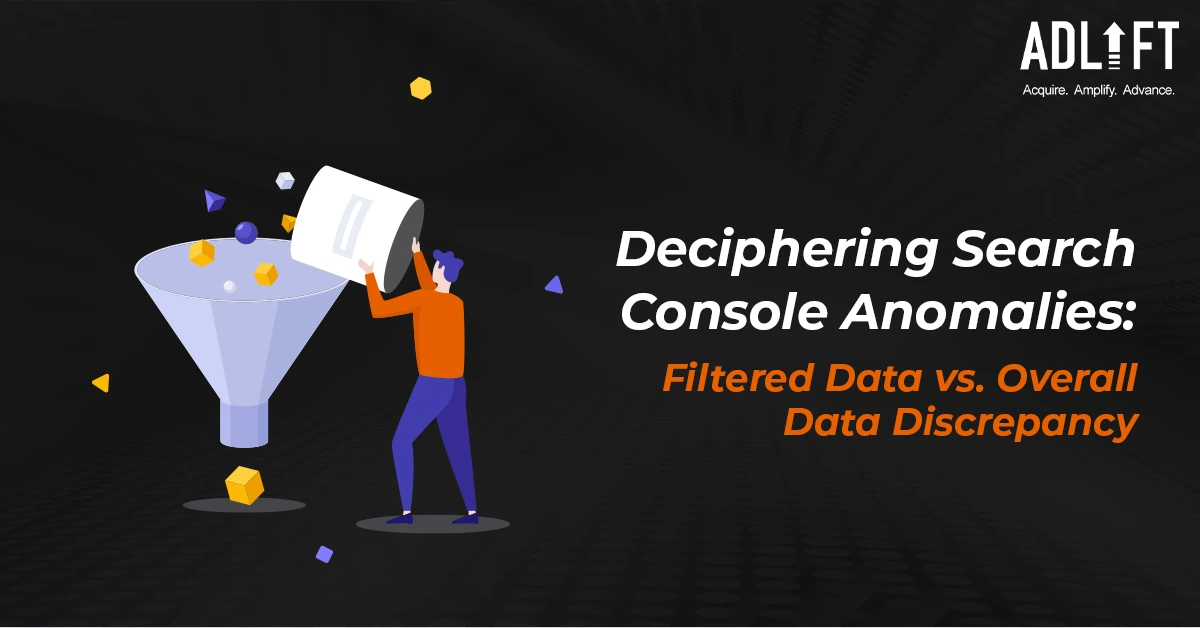Gary Illyes: Deciphering GSC Anomalies with Filtered Data vs. Overall Data Discrepancy

In the vast landscape of digital marketing, Google Search Console has become a critical tool for website owners and marketers alike. It provides invaluable insights into a website’s performance in Google’s search results.
One intriguing aspect that often leaves website owners scratching their heads is the apparent discrepancy between filtered data and overall data in Google Search Console. Why does it seem like the filtered data is higher than the overall data on Search Console? Let’s unravel the reasons behind it.
Understanding Google Search Console
Before we dive into the intricacies, let’s understand the fundamentals of Google Search Console. This free tool from Google offers webmasters a window into how their websites perform on Google Search. It provides data on indexing issues, search queries, click-through rates, and more. One of its valuable features is the ability to apply various filters to view specific data subsets, such as specific pages or time periods.
The Mystery of Filtered Data vs. Overall Data in Google Search Console
Recently, during one of Google’s monthly office-hours Q&A sessions, Gary Illyes, a Google Search Relations team member, shed light on Google’s use of Bloom Filters and their role in data analysis. He began by explaining that Google uses something known as Bloom Filters to handle the immense volume of data generated by its search engine.
Illyes emphasized the challenges that arise when dealing with colossal amounts of data, often numbering in the billions or even trillions. In such scenarios, searching for specific items rapidly becomes an arduous task. This is where Bloom Filters come to the rescue.
Bloom Filters operates by speeding up data lookups through the use of hashed or encoded data. While this approach offers rapid results, it comes with a trade-off: accuracy may be compromised due to potential data loss during the hashing process.
As Illyes aptly describes it, “less data to go through means more accurate predictions about whether something exists in the main set or not.” In other words, Bloom Filters prioritize speed over pinpoint accuracy, with the accuracy increasing as the dataset shrinks.
Speed Over Accuracy: A Deliberate Trade-off
The revelation from Illyes underscores an intentional choice made by Google – favoring speed and efficiency over flawless precision. Given the astronomical amount of data Google handles daily, this strategy is a necessity rather than an oversight.
The Bottom Line
The mystery of filtered data occasionally surpassing overall data in Google Search Console can be attributed to the ingenious use of Bloom filters. These filters enable Google to analyze vast datasets swiftly, but they come at the cost of some accuracy.
To Google, the trade-off is entirely intentional. The minor inaccuracies are an acceptable sacrifice in exchange for the ability to analyze data rapidly. So, the next time you encounter this phenomenon, remember, it’s not an error but a testament to how Bloom Filters work their magic in the world of SEO data analysis.
